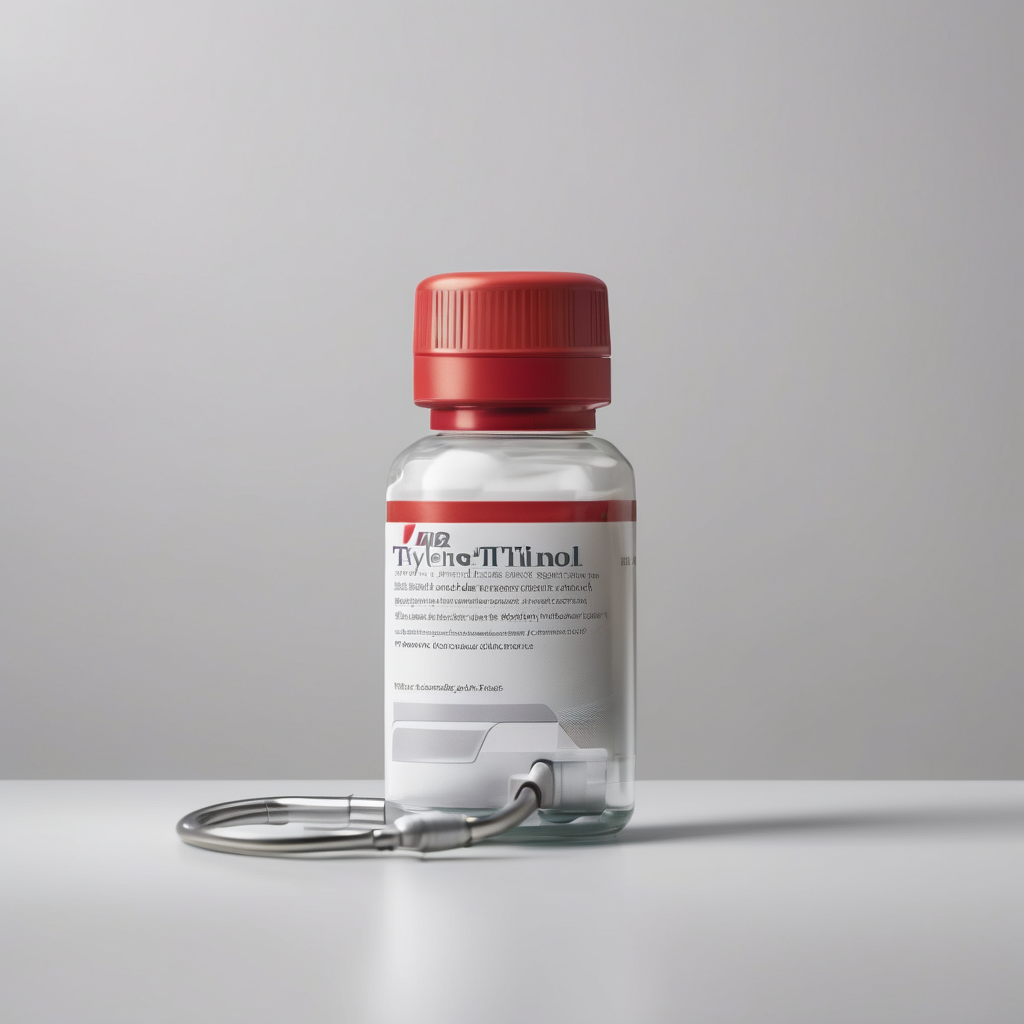In a recent statement, Vice President JD Vance urged pregnant women to adhere to their doctor’s advice regarding the use of Tylenol, following conflicting remarks made by former President Donald Trump. During a NewsNation interview, Vance emphasized the necessity of consulting healthcare professionals, acknowledging that while medications can have side effects, they are sometimes necessary. This perspective contrasts with Trump’s cautionary stance on Tylenol, which he presented in conjunction with Health and Human Services Secretary Robert F. Kennedy Jr. during a White House media event.
Trump’s comments discouraged the use of Tylenol, particularly due to unproven claims linking its active ingredient, acetaminophen, to autism in children. He advised pregnant women to avoid the painkiller unless it is deemed medically necessary, suggesting that managing potential fevers is better left in a physician’s hands. Trump’s assertions were met with criticism from Dr. Steven J. Fleischman, president of the American College of Obstetricians and Gynecologists, who argued that Trump’s statements lacked scientific support and oversimplified complex neurological issues in children.
Fleischman highlighted that recent studies, including those in the Journal of the American Medical Association, refute claims of significant links between prenatal acetaminophen use and autism, ADHD, or intellectual disabilities in children. Former President Barack Obama also responded to Trump’s remarks, expressing concern over the impact such statements could have on public health and the anxiety it could cause among parents of autistic children. Obama underscored the importance of relying on science and truth, even when evidence challenges personal beliefs.
This discourse underscores the crucial role of evidence-based medical guidance during pregnancy and the importance of consulting healthcare experts when making medication decisions. The differing perspectives highlight the ongoing debate surrounding the safety and implications of common medications during pregnancy.
